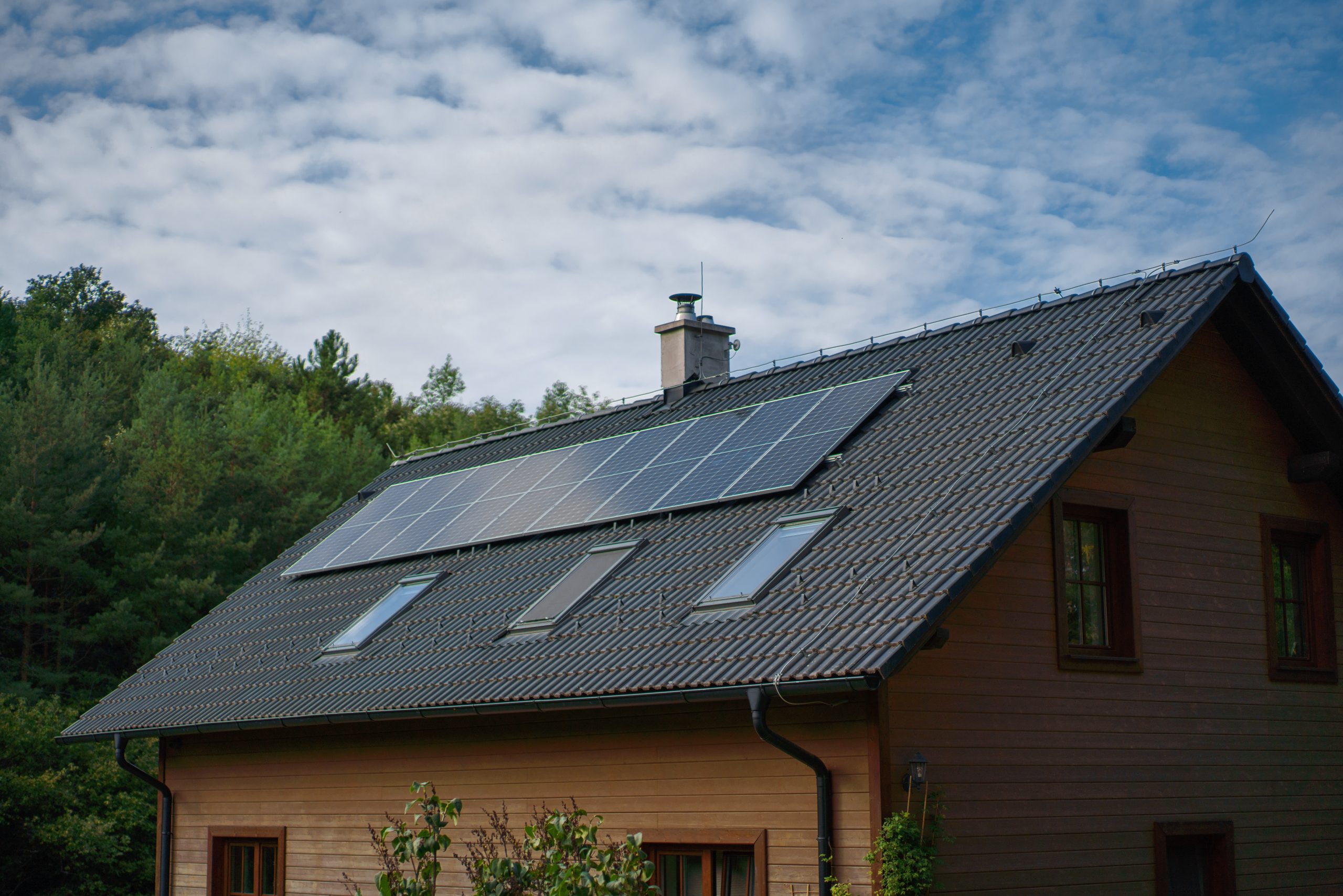In many rural landscapes across the globe, the realm of politics often dominates as the sole viable business. However, investing in capacity building, particularly in solar energy, has the potential to bring about transformative changes, creating a diversified, resilient, and sustainable local economy. This article will delve into the multifaceted benefits of such an investment and how it can empower rural communities.
Energy Independence: Powering the Heartland
Access to reliable energy can breathe life into rural regions, which frequently find themselves tethered to expensive or inconsistent power sources. Solar energy systems can end this dependence, providing a continuous power supply vital for homes, businesses, and community facilities. This energy independence not only boosts daily living standards but also creates an environment where new ventures can thrive.
Stimulating Socio-Economic Development
Reliable energy sources have a ripple effect, stimulating other forms of business and investment. For instance, electricity enables rural businesses to operate beyond daylight hours. This can result in a productivity surge, fueling local economy growth. Such an impact can eventually dismantle the monopoly of politics as the sole viable business.
Enhancing Educational Opportunities
Reliable electricity from solar power creates a conducive learning environment, allowing educational facilities to operate more effectively. Not only does this benefit traditional education, but it also offers more learning opportunities, especially in digital literacy. Moreover, access to global information via the internet can expose rural populations to a broader knowledge base.
Improving Healthcare Services
In healthcare, reliable power is a game-changer. It allows clinics to operate efficiently, keeping life-saving medical devices running and preserving vaccines and medications through refrigeration. Reliable power for diagnostic equipment and lighting for surgeries can make the difference between life and death, creating a robust healthcare system in rural areas.
Supporting Climate Action
By investing in solar energy capacity in rural regions, we contribute to global efforts to reduce greenhouse gas emissions and combat climate change. Solar power, a clean, renewable energy source, becomes an instrumental tool in the fight against global warming, marking rural areas as pivotal players in this collective struggle.
Fostering Job Creation
The installation and maintenance of solar energy systems can create local jobs, providing a much-needed stimulus to the rural economy. These job opportunities provide alternatives to political activities, thus diversifying the economic landscape.
Driving Cost Savings
Over the long term, solar energy can offer significant cost savings. Following the initial investment, the ongoing costs associated with solar technology are relatively low. These savings could potentially free up financial resources for investment in other sectors, fostering diversified economic growth.
In conclusion, investing in capacity building for solar energy in rural areas creates an economic and social ripple effect. It empowers communities, boosts socio-economic development, enhances education, improves healthcare, supports climate action, fosters job creation, and drives cost savings. Through this transformative shift, we can move towards a more sustainable and resilient future, breaking the cycle of overdependence on politics.





